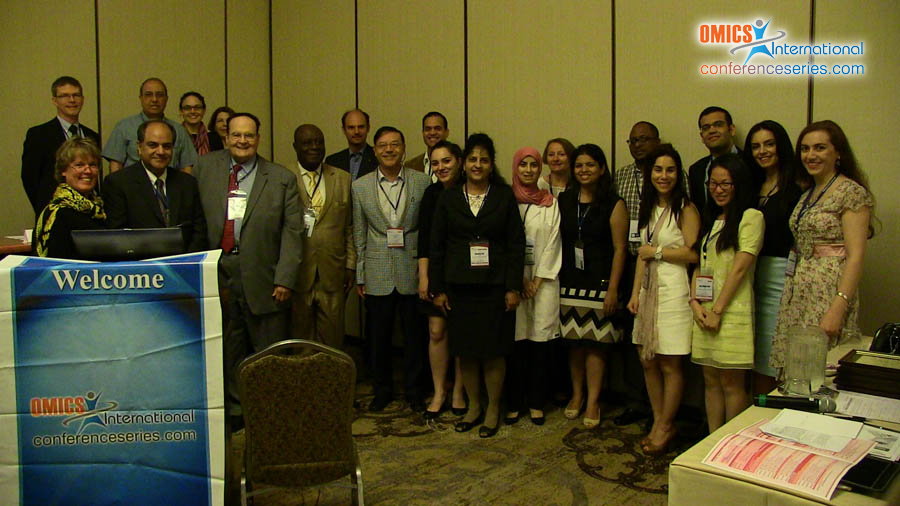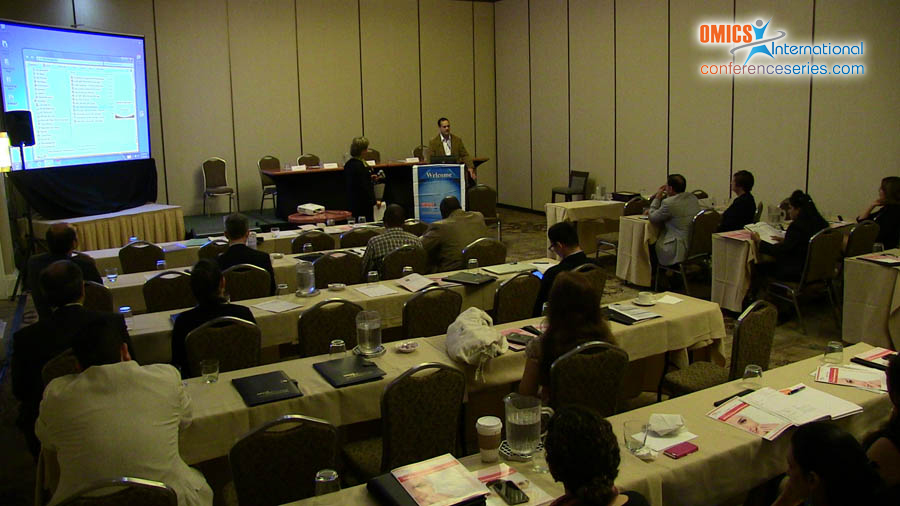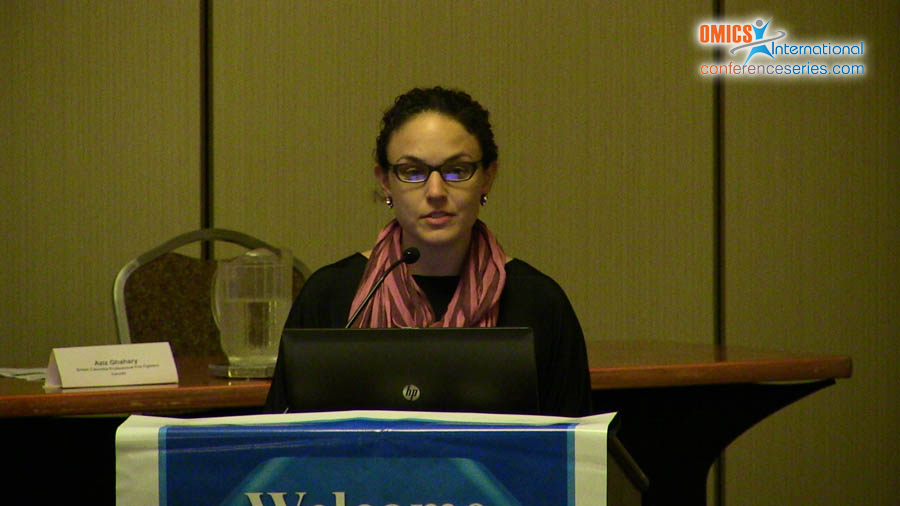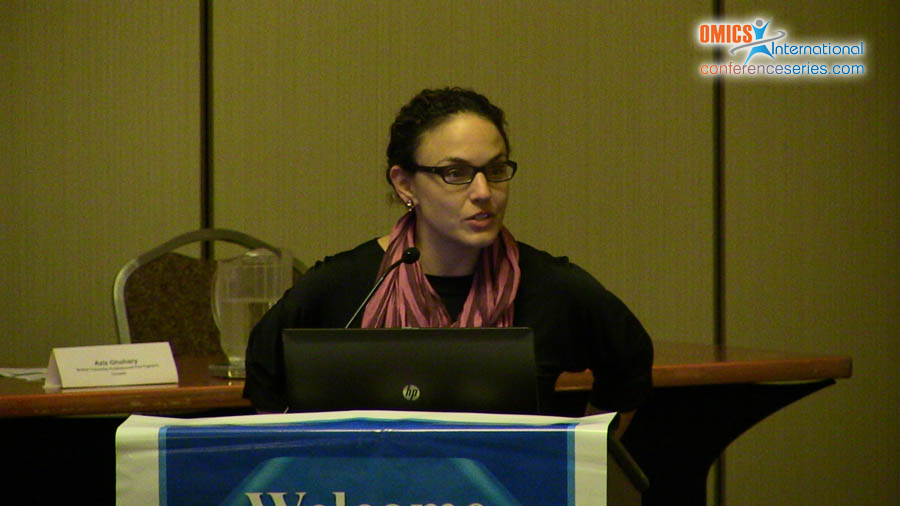
Lorraine L. Rosamilia
Dermatologist, Geisinger Health System, State College, PA
Title: Herpes Zoster: Conundrums and controversies
Biography
Biography: Lorraine L. Rosamilia
Abstract
Herpes zoster presents significant clinical and fiscal morbidity for patients and providers. From acute and chronic wound and pain conditions to vaccination strategies and infection control measures, its ramifications intertwine between many medical disciplines and governing bodies. A recent study of health care economic burden notes that herpes (including zoster) is one of the top 5 most costly categories of skin disease. Moreover, medical providers differ widely in their approaches to the management of herpes zoster. For instance, the literature wavers in its recommendations for prevention of post-herpetic neuralgia, yet a well-done recent study has shed light on the effectiveness of antiviral and gabapentin regimens. Also, vaccination strategies for herpes zoster are inconsistent. It is currently recommended in patients over 50, and very few surveys have evaluated patient compliance since its FDA approval. In current clinical settings, it is unclear who should be taking the lead (primary care vs. specialists) for its employment, despite its positive safety and efficacy profile. In addition, hospital isolation policies for patients and staff with or exposed to herpes zoster are often inconsistent, misunderstood, outdated, or poorly outlined in institutional handbooks. Furthermore, the difference in infectivity between native varicella and subsequent herpes zoster is often misinterpreted. A disease entity with such disparate management strategies should be clarified. By summarizing the pathogenesis of herpes zoster and the efficacy of its treatment and vaccination, in addition to outlining the best practices given recent literature, dermatologists, physician extenders, and other medical providers will be better able to determine the appropriate course of treatment, isolation measures, and education of zoster patients.




